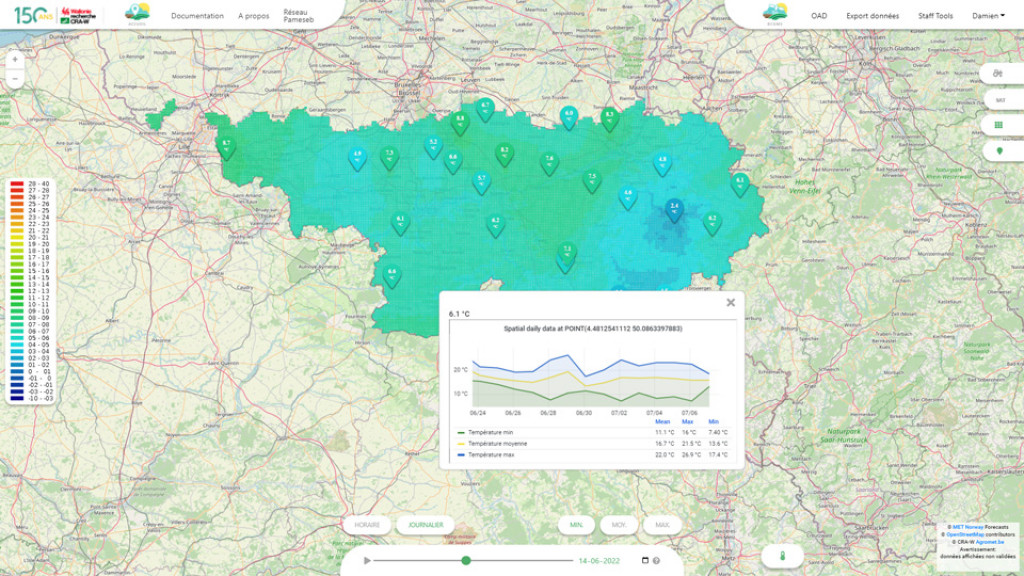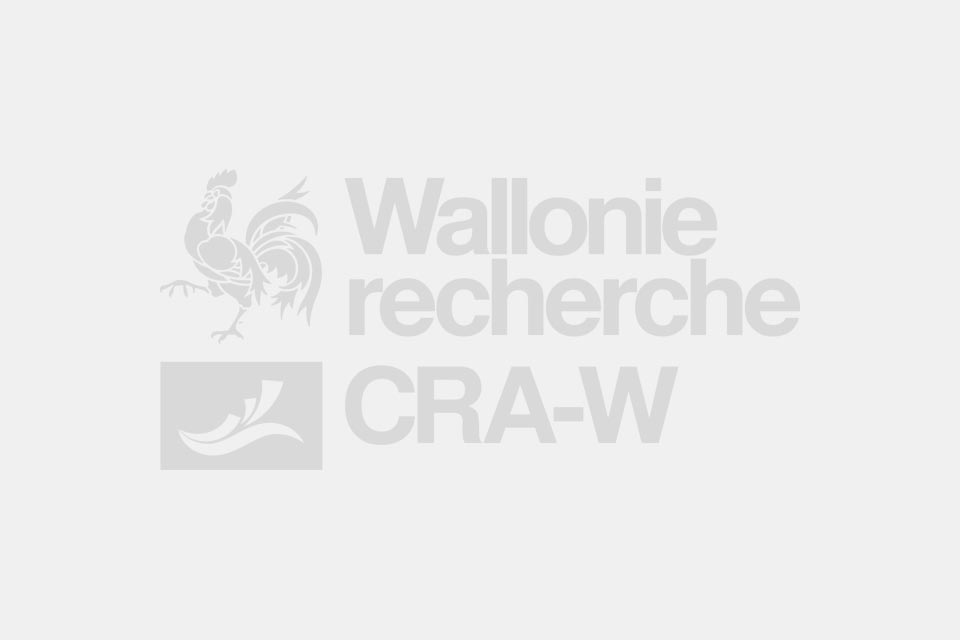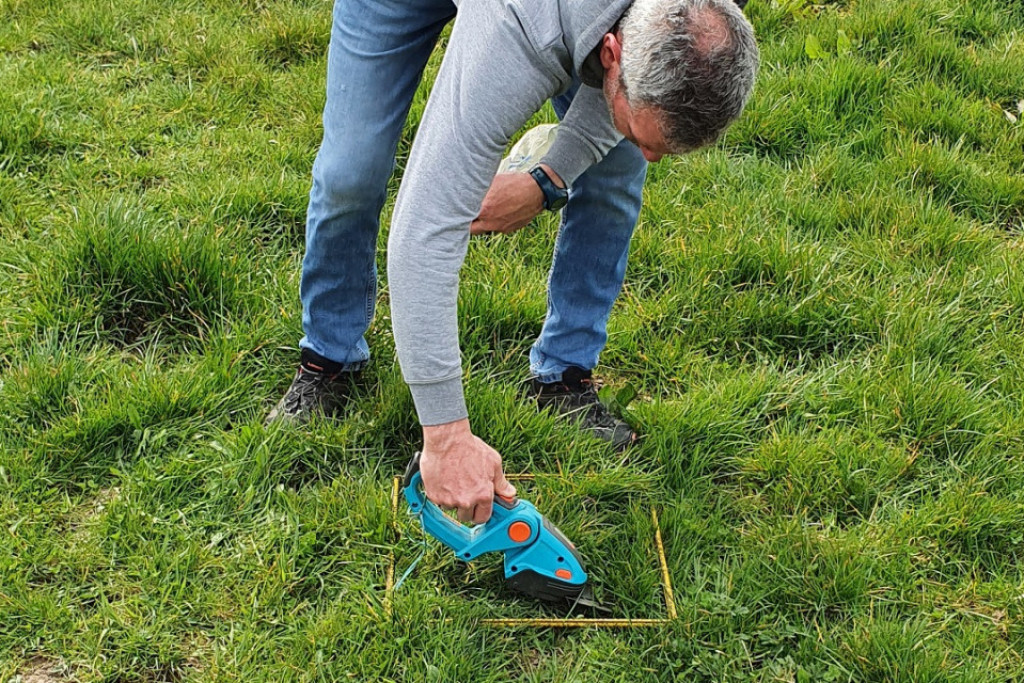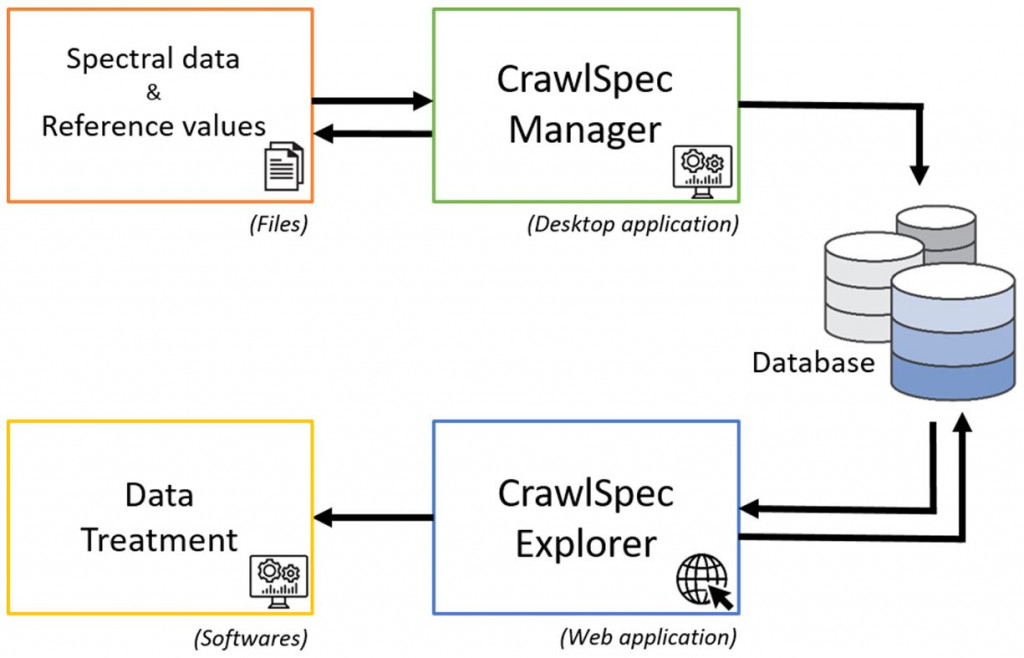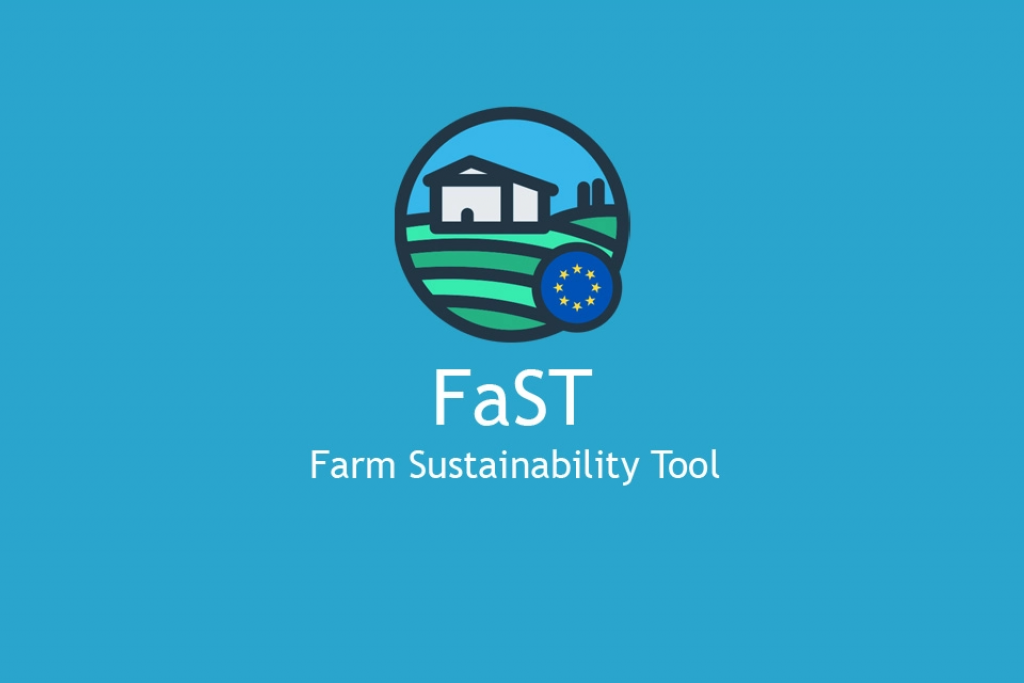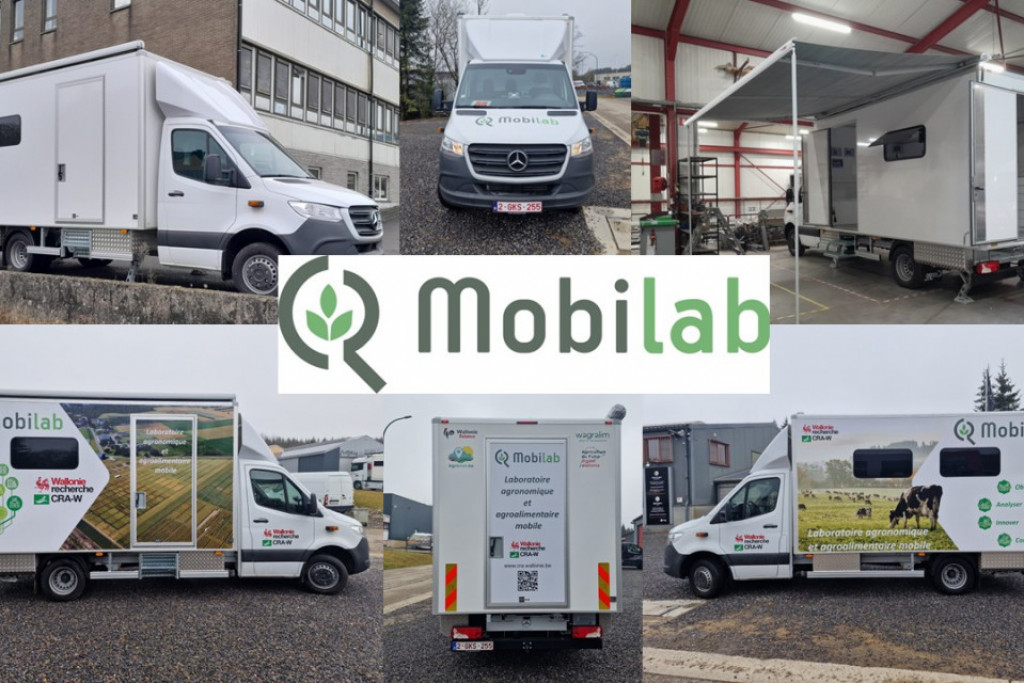Context
Sustainable development and the reduction of greenhouse gases emissions are priorities for European countries. In this context, one of the objectives of the Greendeal is to reduce the production of greenhouse gases (GHG) by 55% by 2030. In Belgium, the recommendation in agriculture is to reduce GHG emissions by 35% by 2030.
In addition to the environmental challenges we face, the world's population will grow to 9.7 billion by 2050. That means 2 billion extra mouths to feed, which, according to the FAO (2020), will be supported by a 20% increase in demand for meat over the same period.
In this context, cattle farming, generally criticised for its environmental impact, must adapt their production systems to make them more virtuous. The “Blanc Bleu Vert” project is part of this dynamic. It aims at providing answers to the challenges facing ruminant breeders.
More than ever, agriculture must reinvent itself in order to improve its sustainability, which is a determining factor in the commercial viability of all companies. Inevitably, companies in the primary sector will have to anticipate this evolution and develop products likely to meet this demand in order to maintain a competitive advantage but also to gain access to new markets.
Objective
The objective of the “Blanc Bleu Vert” consortium is to enable Dumoulin and Inovéo, two Walloon companies, to strengthen a commercial policy based on sustainability. Dumoulin is moving towards a feed offer aimed at reducing GHG emissions, while Inovéo wishes to integrate environmental criteria into the racial characterisation of Belgian Blue Beef (BBB).
Approach
To achieve these objectives, Dumoulin and Inovéo will be supported by the expertise of the CRA-W and ULiège, the scientific partners. Several avenues will be investigated to promote the sustainability of the sector via the selection of the most efficient animals as well as the development of breeding techniques, mainly in relation to feed management and terminal crossbreeding, making it possible to combine animal performance and environmental requirements. These approaches also aim to reduce the proportion of products that can be directly used by humans in the formulation of the diets tested. In order to achieve these objectives, indirect, rapid and inexpensive measurements of enteric methane emissions and ingestion will be carried out and developed. Terminal crossbreeding will also be studied, as recommended by the WWF, to meet the growing demand for meat while minimising the environmental impact of its production. Crosses between Belgian Blue and dairy cows have demonstrated the interest of the BBB breed in improving carcass quality with an increase in slaughter yield (+4 to +5%) and meat yield (+8%) without increasing calving difficulties compared to the crossing with other beef breeds (+/- 4%).
Thus, it will be possible to lay the foundations for a genetic evaluation, in the long term, orienting selection towards more efficient animals emitting less GHG (both in pure bred BBBc and in meaty crosses with dairy breeds) within the farms themselves. Such selection, coupled with low environmental impact feeding, should enable the sector to achieve the objectives of the Green Deal for Europe while consolidating sector sustainability.
Partnership
ULiège - Gembloux Agro Bio Tech - Precision Breeding and Nutrition Laboratory
ULiège - Pig Ruminant Clinic
Inovéo SCES
Dumoulin SRL
Financement
« Blanc Bleu Vert, combining animal and environmental performances » is funded by Walloon area in the context of the competitivity program Wagralim.

